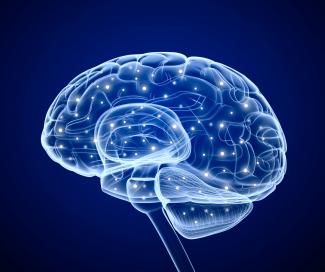
Murlidhar Ahire lies lifeless in the bedroom of his Vikhroli apartment while his younger son, Tushar tells us he was an active 69-year-old until two months ago. The retired Air India employee has been diagnosed with Creutzfeldt Jakob disease (CJD), a rare neurological brain disorder that almost always ends in death.
The bigger challenge for family and doctors battling CJD is that in about 85 per cent cases, it occurs as a sporadic disease with no recognisable pattern of transmission. Diagnosis is equally baffling. Often doctors use the rule of elimination. They weed out all other possible conditions or types of dementia before arriving at a CJD diagnosis.
The symptoms, often occurring in combination, are a patient's best signal. While the initial neurological and psychological symptoms include difficulty walking, talking, despair, dizziness, vision problems, anxiety and trouble sleeping, they gradually advance into loss of bladder-bowel control, voluntary movement and memory.
Researchers across the world are trying to identify factors that affect prion activity and conditions that make a patient susceptible to the disease. But in the absence of any real cure, doctors say they are reduced to attending to symptoms
http://www.mumbaimirror.com/others/you/Within-a-week-he-was-unrecognisable/articleshow/45181940.cms






